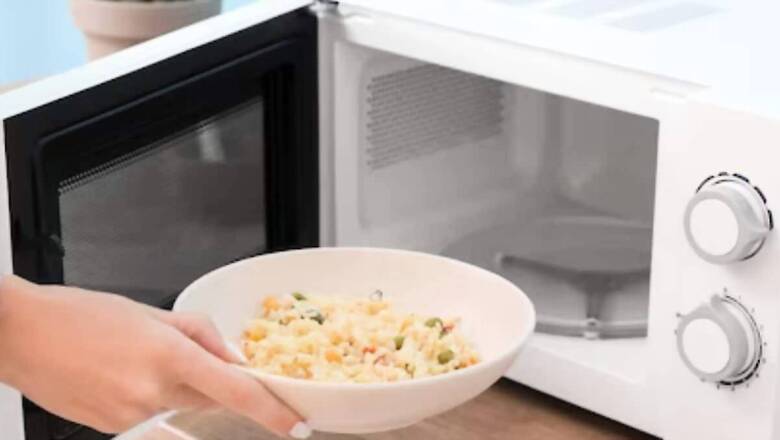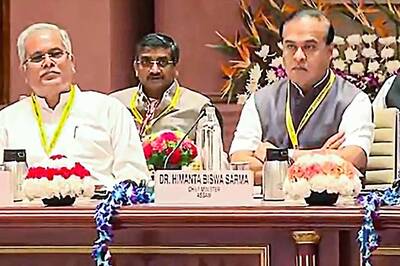
views
Microwave ovens have become a necessity in most busy households. While some people prefer cooking traditionally on the stovetop, many advocate for the benefits of using microwave technology. For example, it takes much less time to reheat your meal in a microwave than on the stovetop. Undoubtedly, it saves time and effort, but there have always been questions on whether microwave cooking is a healthy choice.
Nutritionist Shyla Cadogan, in her recent article published in StudyFinds, delved into the difference between cooking on the stove and microwave. She explained that whether frying, boiling, or using any other method of cooking, the nutrient composition will be altered in some way. Boiling and blanching vegetables have been demonstrated to deplete vitamin C content, but microwaving had less of an impact.
The expert further elaborated, stating that nutrients such as carbohydrates, lipids, proteins and fibre are necessary for our body, and microwaves ensure that these nutrients remain intact in the foods. Moreover, she stated that when you microwave food, you also maintain its salt, potassium and phosphorus content. This is mainly because microwaves use lower temperatures and require less time to cook food as compared to traditional cooking. The nutritionist added, “There are some enzymatic shifts that occur because the technology causes water molecules in food to vibrate, but this happens in virtually any cooking method with heat involved.”
A publication by the Harvard Medical School explained that cooking in a microwave with a small amount of water effectively steams food from the inside out. This way the food retains more vitamins and minerals than any other cooking process.
One of the drawbacks of microwave cooking could be that they are less versatile and might occasionally leave meals with a mushy or soggy taste. This often is the case when you reheat or cook frozen meals. But there is a lot you can do using this technology. One cansteam cook a variety of veggies in the microwave by placing them in a microwave-safe container with a tiny quantity of water and heating for a few minutes. Microwaves are ideal for reheating soups, curries and stews. You can also prepare these from scratch in a microwave. Any kind of meat or fish tastes delicious when roasted in the oven. It often results in a crispy crust with tenderness inside.




















Comments
0 comment